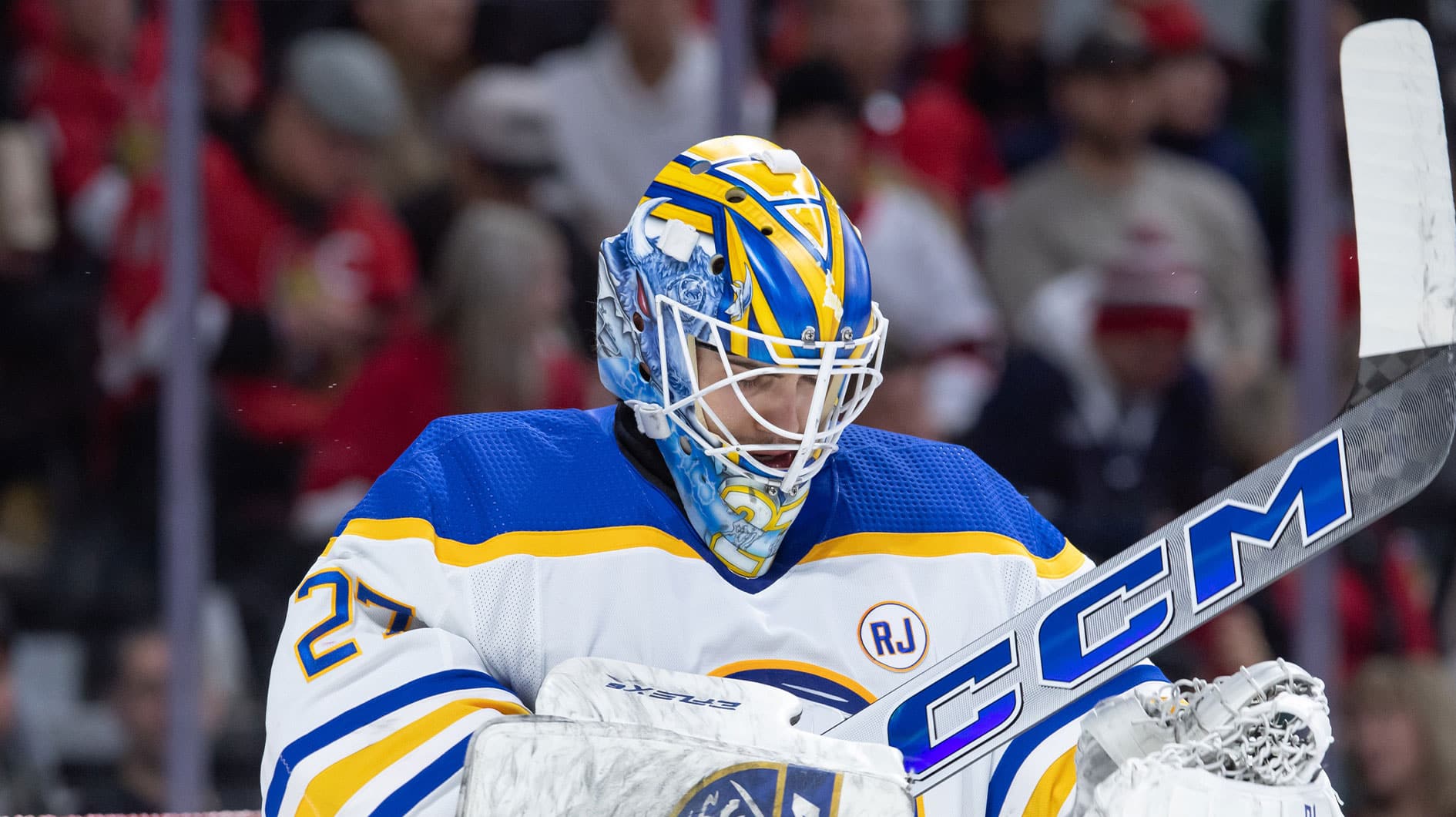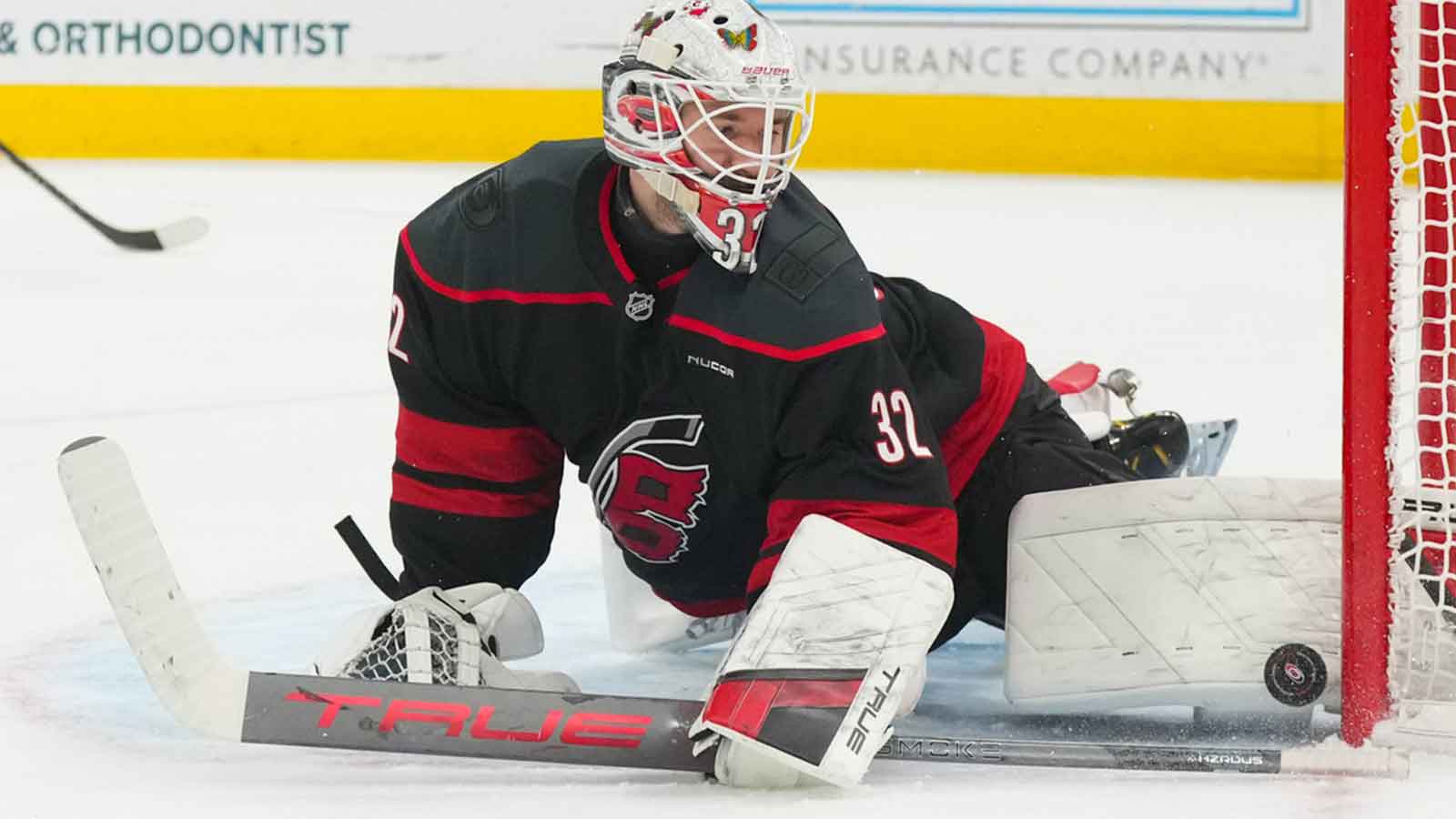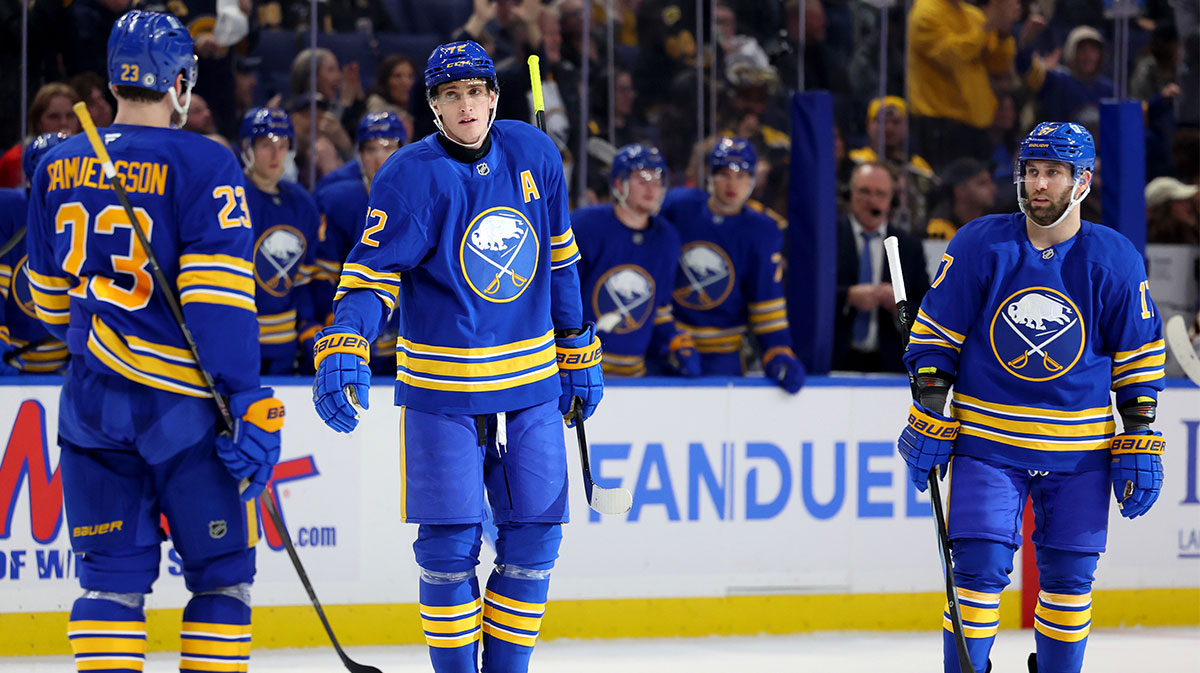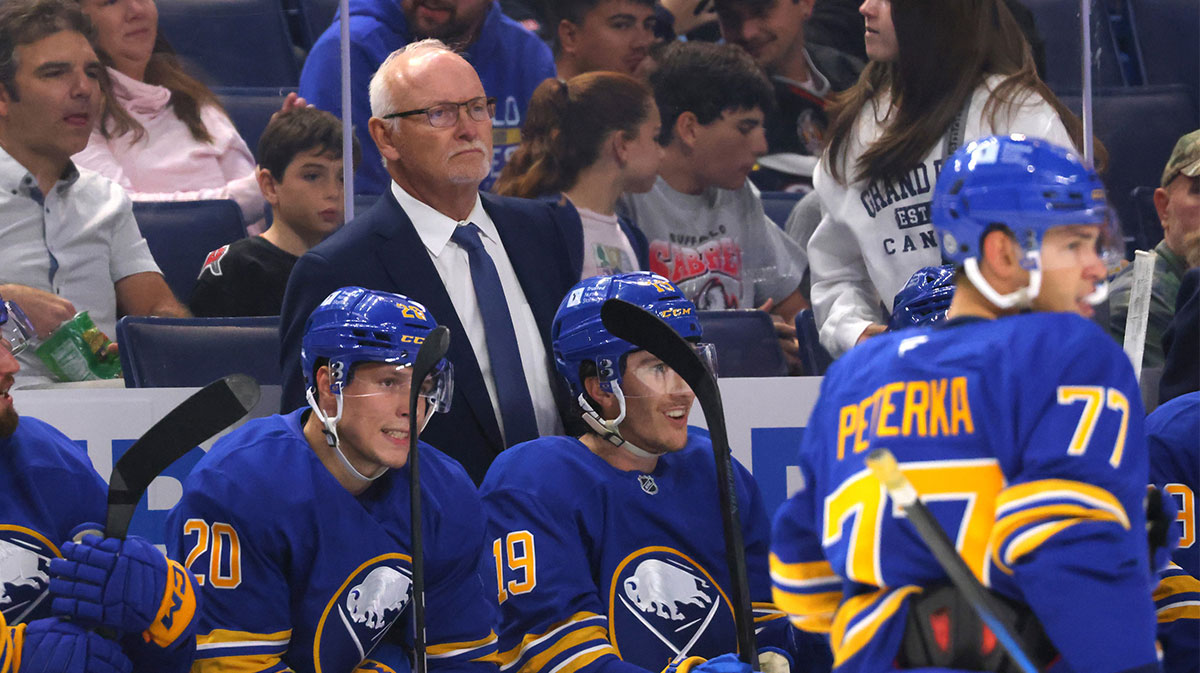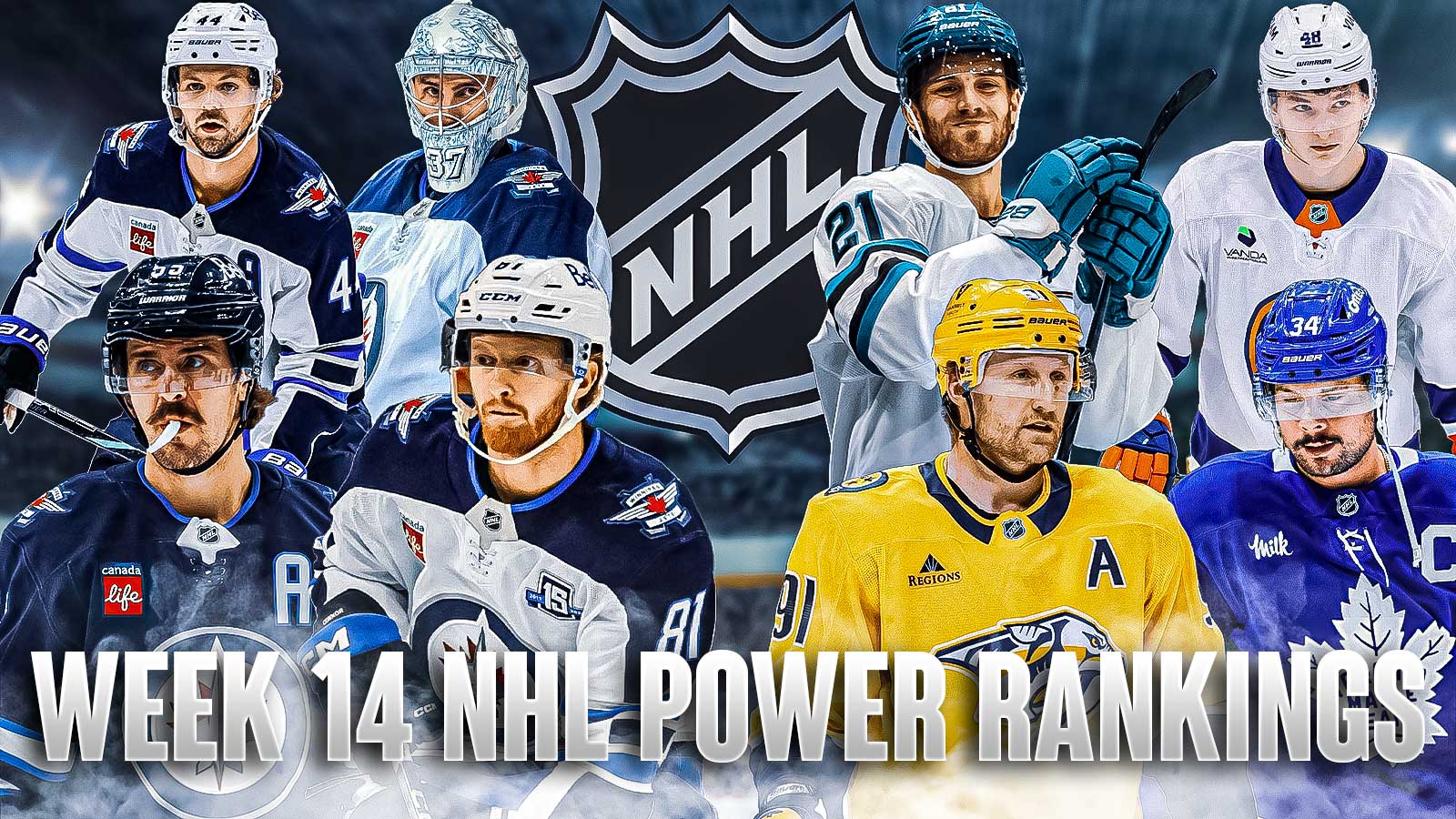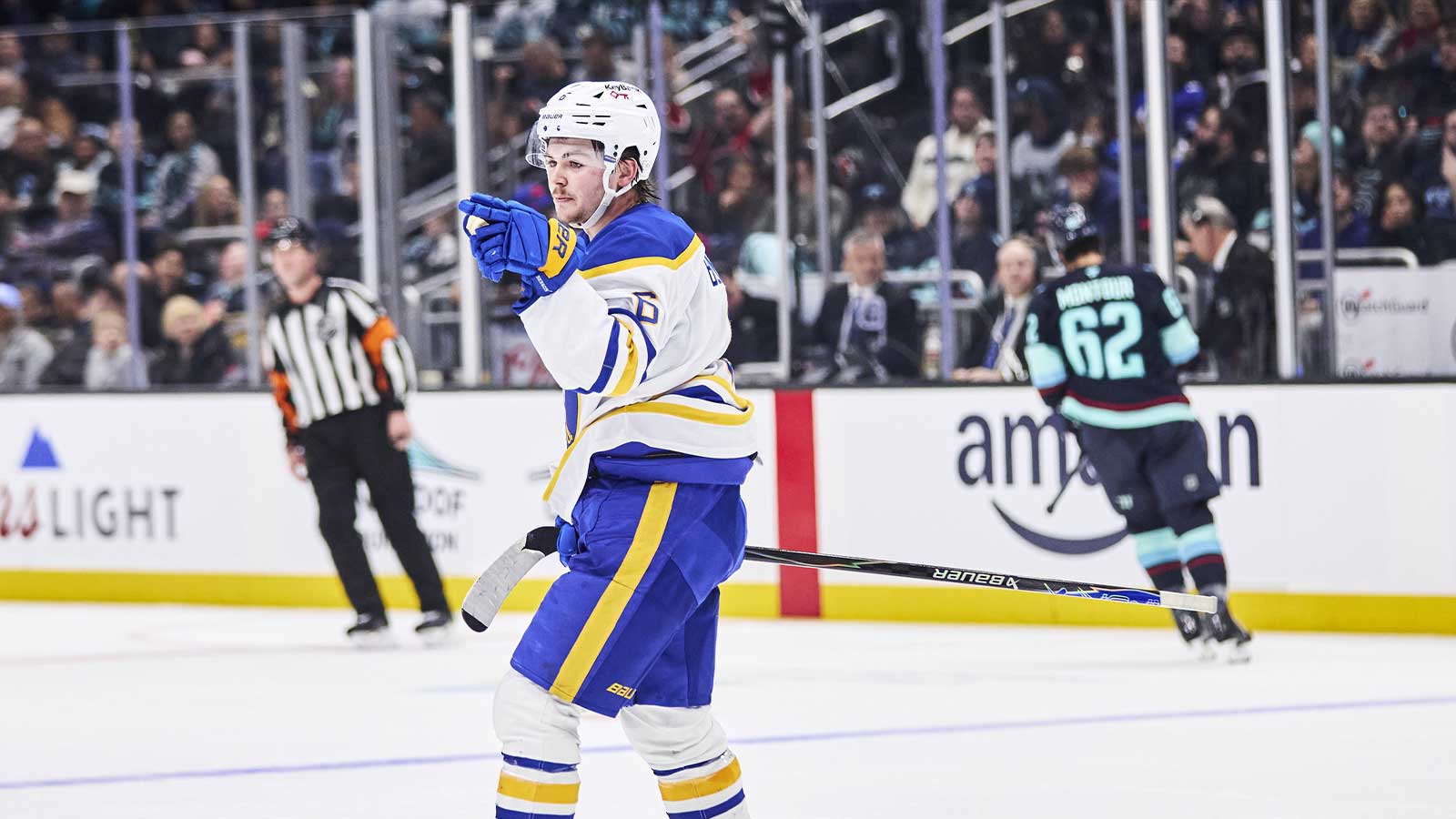At the end of September, the Minnesota Wild and Kirill Kaprizov agreed to a historic $136 million contract. This reset the market when it comes to value for top-end talent. As other players who will be free agents in the summer of 2026 are negotiating extensions, the Kaprizov contract will have an impact. One of those players is Buffalo Sabres forward Alex Tuch.
The Kaprizov contract is an eight-year extension worth $136 million. That gives it a $17 million AAV. This was a massive raise from his prior contract. The Wild forward is coming off a five-year deal with a $9 million AAV.
The contract was also historic in terms of total value and average annual value. Leon Draisaitl had the largest contract in history in total value at $112 million. The Oilers' forward also had an AAV of $14 million. The new Kaprizov deal was also higher in terms of cap percentage. The first year of the Draisaitl deal accounts for 14.7 percent of the salary cap, while the first year of Kaprizov's accounts for 16.3 percent of the cap.
Alex Tuch compared to Kirill Kaprizov
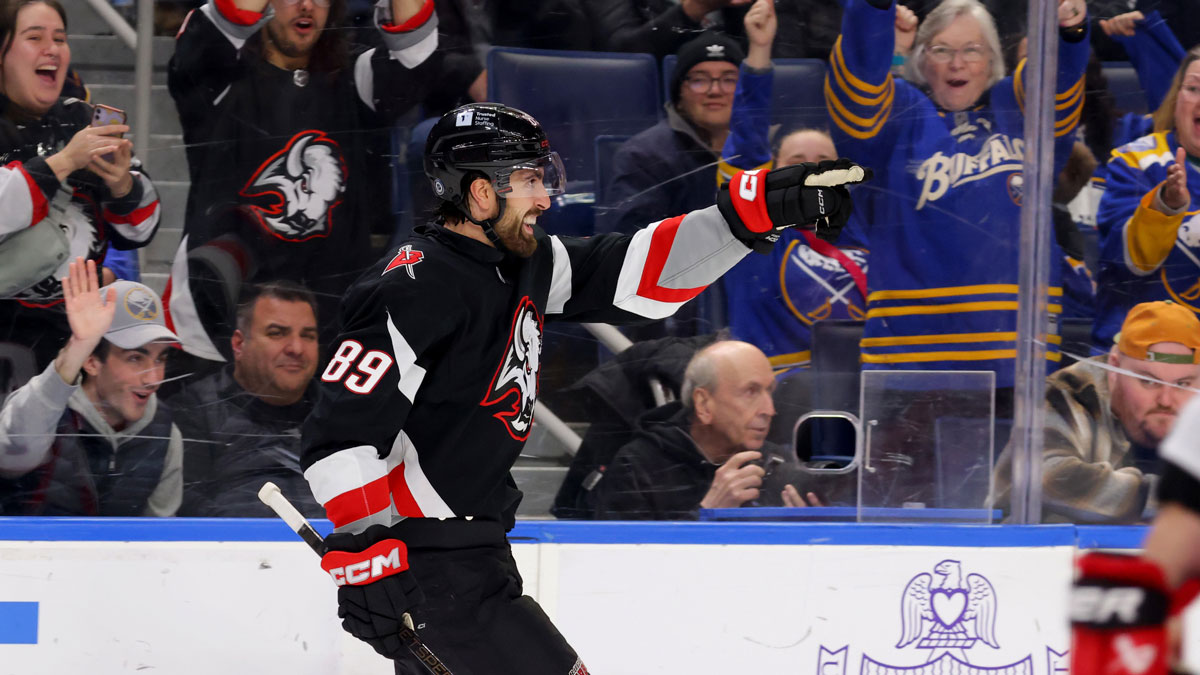
Tuch has been one of the best players on the Sabres in recent years. Regardless, he may not be worth the same contract as a player like Kaprizov. One small factor is age. Kaprizov is a year younger than Tuch. While a year is not massive, it needs to be weighed into the decision for Buffalo. If the team signs Tuch to a seven or eight-year extension, he will be between 37 and 38 years old when the contract ends. Further, Tuch is a more physical two-way forward.
Kaprizov has a career high of 73 hits and 38 blocked shots. Tuch has had 70 or more hits four times in his career, including each of the last two seasons. Further, he has blocked over 38 shots in each of the last four seasons. That includes blocking 113 last season, a record in a season for a forward. The physicality of Tuch could cause a quicker decline as compared to a more finesse forward like Kaprizov.
There is also the basic offensive production. Kaprizov has averaged over one point per game in each of the past four seasons, while scoring 40 or more goals in three of the past four years. Meanwhile, Tuch has never found the back of the net 40 times in a season, having hit his career high of 36 twice, including in the last campaign.
Moreover, Tuch's career high in points is just 79, coming back in the 2022-23 season when he beat the goaltender 36 times while adding 43 helpers. While the basic numbers show a bigger disparity, the advanced stats show that the two players may be closer together.
Individual point percentage is the number of times a player is credited with a point when a goal is scored with him on the ice. Kaprizov has consistently been just over a 75 percent IPP rating in his career. Tuch has averaged just over 65 percent. Still, Tuch has a higher expected goal factor and has been generating more high-danger scoring chances. This shows that the supporting cast for Tuch may not be at the same level, but the players are closer to being similar.
While goals and assists are important, putting the team in a position to score is also a major factor. Tuch has done that well.
What will Alex Tuch get in a new deal?
Sabres general manager Kevyn Adams has said that he wants players who want to be in Buffalo. While players in the past have not wanted to continue their careers in Buffalo, Tuch is not one of those players.
“Everyone in here knows I love Buffalo. I love being a Buffalo Sabre, and I would love to be here long-term,” said Tuch to the media, according to Heather Engel of NHL.com.
The consistent play of Tuch, combined with the fact that he wants to stay in Buffalo, despite the consistent struggles of the franchise, should get him a high payday. The cost could keep going up as well, especially if Tuch has a major breakout season.
The salary cap for the 2026-27 season is projected to be $104 million. Nikolaj Ehlers got 8.9 percent of the cap before the Kaprizov deal. With that deal and the Kaprizov deals as baselines, Tuch should get a percentage of the cap somewhere in the middle of 8.9 percent and the 16.3 percent of Kaprizov. This will have Tuch easily clearing the $10 million AAV marker. It could also be near the $12 million AAV mark that Mitch Marner got this offseason.
Regardless, the Buffalo offense needs to have Tuch in the lineup. With the fact that Buffalo often has salary cap space, the front office should be glad to pay between $10 and $12 million a year for him.











